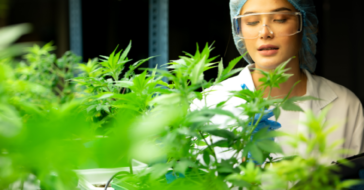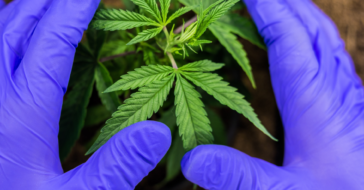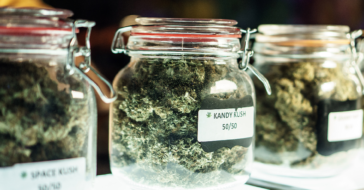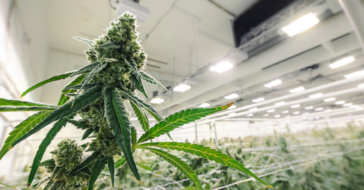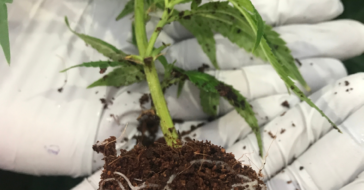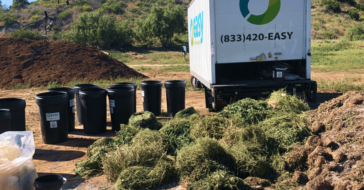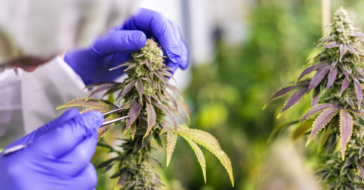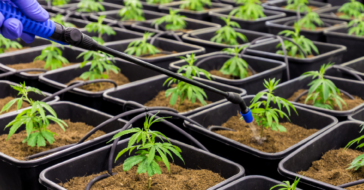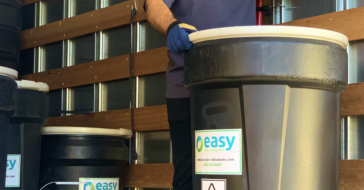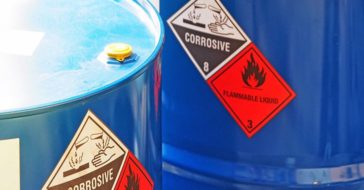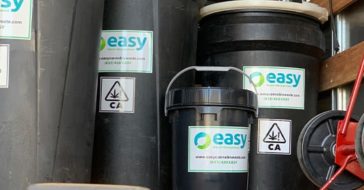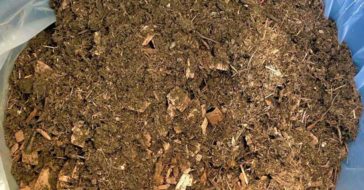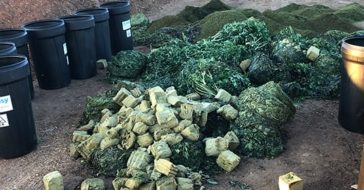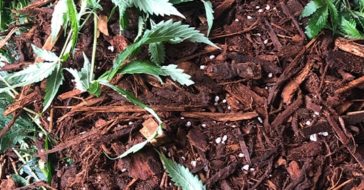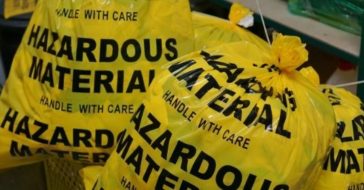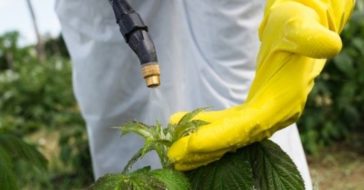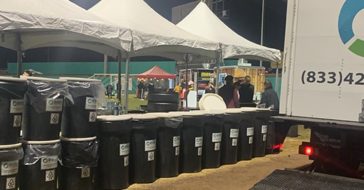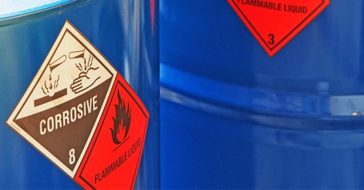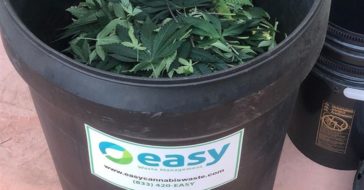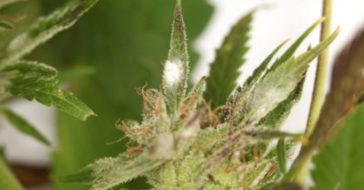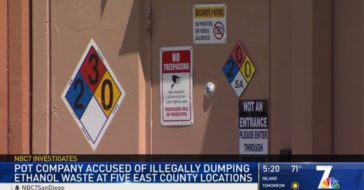With the cannabis industry growing at a rapid rate around the country, new cannabis businesses are popping up everywhere. As the owner of a cannabis facility, it’s crucial that you are certain every aspect of your business meets cannabis compliance regulations. In California, there are specific rules that govern cannabis compliance which may not exist in other states. Let’s dive deeper into this topic so you can obtain your cannabis license as quickly as possible and stay in compliance.
What is Cannabis Compliance?
The Department of Cannabis Control (DCC) for California was formed in mid-2021 by combining three different cannabis agencies: Bureau of Cannabis Control, CalCannabis Cultivation Licensing Division, and Manufactured Cannabis Safety Branch. The DCC is responsible for regulating the growth of cannabis plants, manufacturing of cannabis products, transportation of cannabis goods through the state, sale of cannabis goods, cannabis events, and the labeling of cannabis goods sold at retail.
When applying for a license to sell, distribute, cultivate, or manufacturer cannabis products, the DCC is where you go to submit an application. The Department’s website also allows a potential business owner to see which jurisdictions in the state allow for cannabis licenses.
Cannabis compliance in the state of California means that you’re following the many regulations laid out by the state and DCC to keep residents, employees, and the environment safe.
5 Things to Know About Cannabis Compliance in California
Prior to submitting an application for a cannabis license in California, there are five key things to know about maintaining compliance.
1. Cannabis Licenses and Application Fees Are Pricey
Regardless of the cannabis license, you seek to acquire, there are two fees you will be responsible for. First and foremost, you must submit an application fee with your application. For a cultivation license, the application fee will range from a low of $135 to a high of $8,655, depending on the type of facility you own.
For all other application types, the fee is a flat $1,000. However, this is not the only fee you are responsible for.
If you are approved, you will need to pay a license fee that is charged every time the license is renewed. This fee is far more costly and can range from the low thousands to tens of thousands depending on your license type and operation.
2. There Are Different Types of Cannabis Licenses
As alluded to above, there are different types of cannabis licenses. To be in compliance with California cannabis regulations, you will need to accurately select your type. These include:
- Cultivation license
- Manufacturing license
- Distribution license
- Testing laboratory license
- Retail license
- Microbusiness license
- Cannabis event license
Submitting for the wrong type of license on your application will result in non-compliance and the potential denial of your application.
3. The California Cannabis Track and Trace System is Mandatory
No matter what type of cannabis license you have, all licensees are required to use the track and trace system (CCTT) in order to stay in compliance. The CCTT program, sometimes referred to as “seed to sale” tracking, records the movement of cannabis throughout the supply chain. That includes the movement of cannabis waste, which should be disposed of by a licensed cannabis waste disposal company. Only licensed cannabis businesses use the CCTT.
Once your license is issued, you will have 10 days to complete your account manager system training, request access to the system, verify your account, and order plant or package tags.
4. You Have Up To 60 Days Prior to Your License Expiring to Renew
To ensure you stay in compliance, renewing your license is crucial. Up to 60 days prior to the expiration of your cannabis license, you will receive notice that you have the option to renew your license. Licenses are not automatically renewed and require additional application fees.
5. You Are Subject to Routine Inspections or Investigations
In an effort to keep cannabis facilities in compliance and ensure the safety of California residents, the DCC enforces state laws through routine inspections and occasional investigations. Should any violations be found, the DCC staff will point them out and instruct you on how to fix the issue. If you refuse to fix the issue, then it will be elevated to the authorities, which can result in hefty fines and the loss of your license.
Maintain Compliance with a Cannabis Waste Management Plan!
Operating a successful California cannabis business requires following specific state guidelines and laws. By working with the Department of Cannabis Control in California during the application process for a license and afterward, you can keep your business open and successful for years to come. Avoid any hiccups in your operations by using the above tips before and after you apply for a cannabis license to ensure you remain in compliance with cannabis state guidelines.
If you need help developing a cannabis waste management plan to obtain your license, contact the experts at Easy Waste Management! We are the premier cannabis waste compliance team in the state of California and help businesses in Los Angeles, San Diego, San Bernardino County, Oakland, and beyond. Count on us to dispose of your cannabis waste safely and compliantly! Request a free consultation today.





